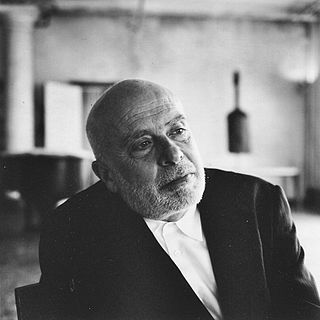A Quote by Edward Hirsch
I was surprised recently to find a book called "Poetry in Persons" that's coming out about visit to poets to a class that Pearl London gave.
Related Quotes
I am very bad at remembering the books I've read and so recently I had a wonderful experience. I decided I wanted to teach Toni Morrison's The Bluest Eye. I hadn't read it in twenty-five years. I was surprised to find how much I drew from that book. Stole from that book, learned from that book about writing. I had forgotten and there it was. Morrison has called that text faulted. I cannot see how.
The maiden Olympics had more to protest about than mere war, though. Central to its ethos was a rejection of two establishments the political one, certainly, but also that of the wider poetry world itself. It changed poetry for ever in the UK, ... It led to readings all over the country. You suddenly got more women reading and publishing poems, as well as gay guys and poets from all over the world. Until that time, published poetry had been very university-based white, male, middle-class. We were trying to break poetry out of its academic confines.
One can say that the disaffection is still a lingering naiveté about, not the place of poetry in the world, but - how to say this - the moral and intellectual presence of poets in the world. And while this may seem an old conversation to many poets who roll their eyes and say, "Here we go again about the function of poetry," I think that conversation, about poetry as an engaged art in a world that is full of regression or still lacking in progress, is still really not well-developed. It's almost an avoided conversation.
If you can find two poems in a book, it could be a pretty good book for you. You know, two poems you really like. There are some poets who are fairly big names in contemporary poetry and who write a book and I might like three or four poems in the book, but the rest of them don't appeal to me personally; but I think that's the way it really ought to be. I think it's really a rare thing to like everything that somebody has written.
I tend to like the way poets form communities. Writing can be lonely after all. Modern life can be lonely. Poets do seem to be more social than fiction writers. This could be because of poetry's roots in the oral tradition - poetry is read aloud and even performed. I'm just speculating, of course. At any rate, because poets form these groups, they learn from one another. That is one of the best things about being a poet.
There's a sameness about American poetry that I don't
think represents the whole people. It represents a poetry
of the moment, a poetry of evasion, and I have problems
with this. I believe poetry has always been political, long
before poets had to deal with the page and white
space . . . it's natural.
Dont teach my boy poetry, an English mother recently wrote the Provost of Harrow. Dont teach my boy poetry; he is going to stand for Parliament. Well, perhaps she was rightbut if more politicians knew poetry, and more poets knew politics, I am convinced the world would be a little better place to live on this Commencement Day of 1956.





































